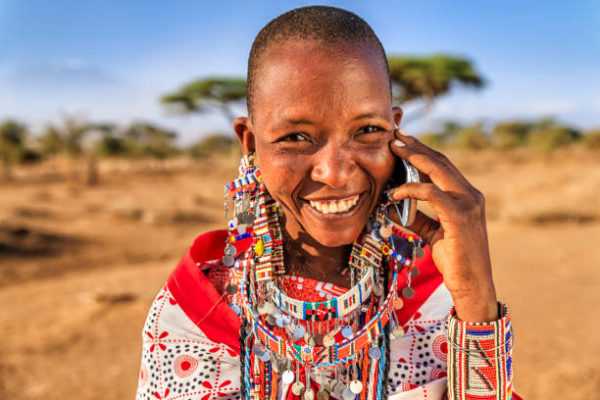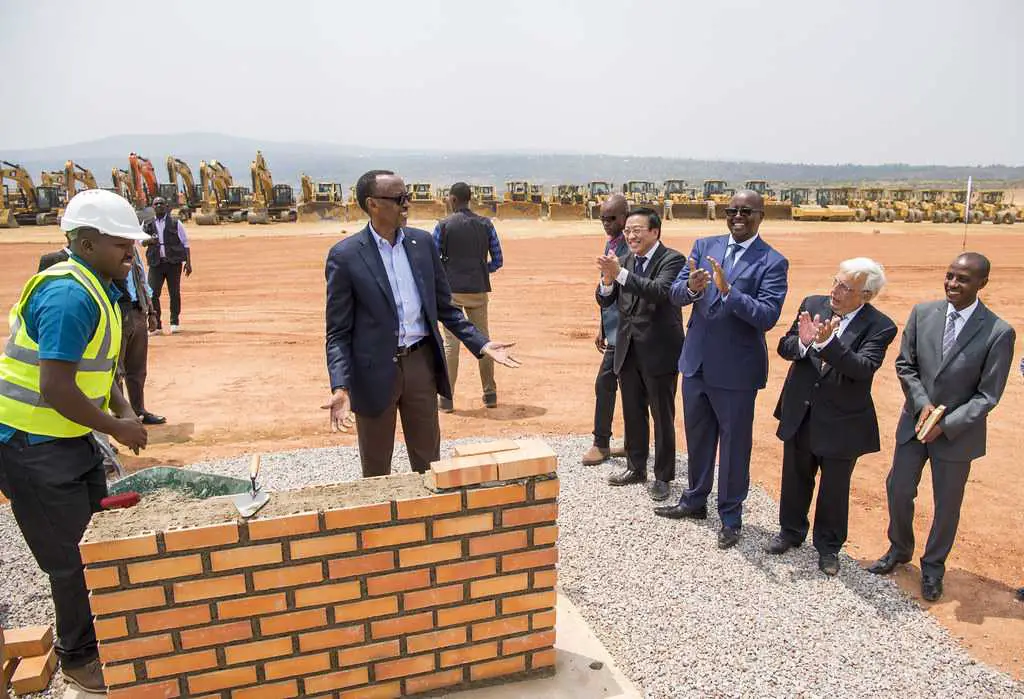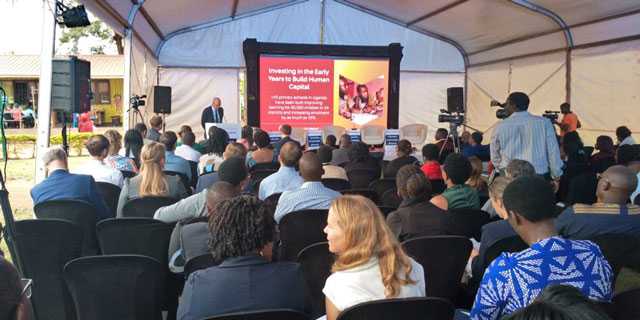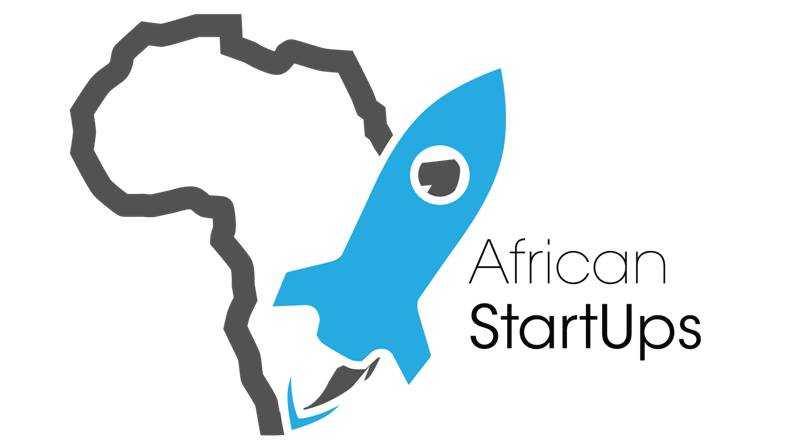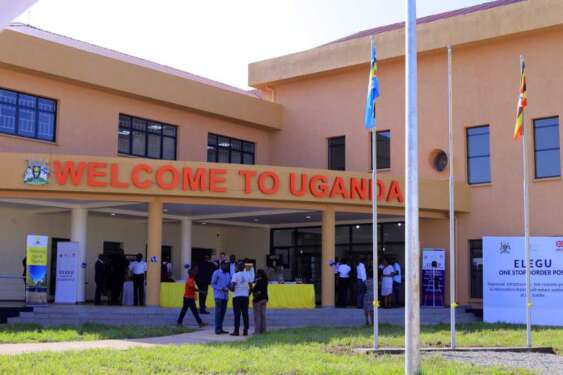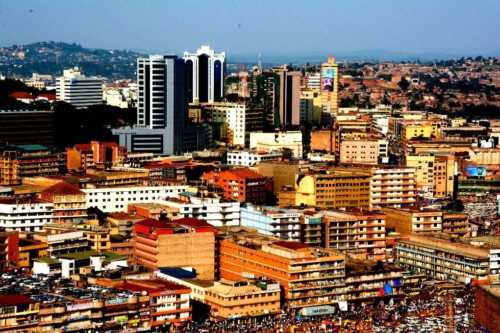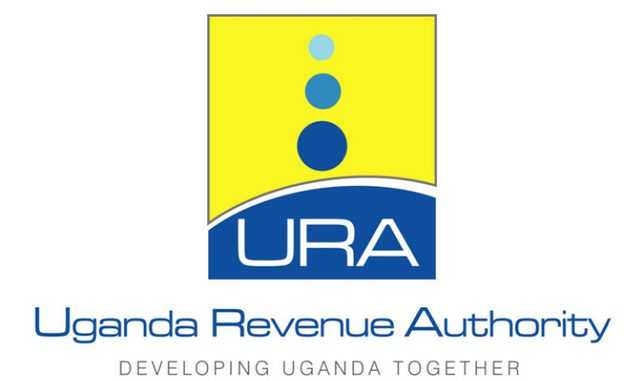- AmCham Summit kicks off, setting course for robust future of US-East Africa trade ties
- Why the UN is raising the red flag on the UK-Rwanda asylum treaty
- Portugal’s Galp Energia projects 10 billion barrels in Namibia’s new oil find
- Wärtsilä Energy offers tips on how Africa can navigate energy transition and grid reliability
- Powering Africa: Africa’s Path to Universal Electricity Access
- Global investment trends at AIM Congress 2024: a spotlight on the keynote speakers
- South Africa’s deepening investment ties in South Sudan oil industry
- Agribusiness could drive Africa’s economic prosperity
Author: Caroline Muriuki
Digital skills gap and high cost of digital services and broadband are hindering Rwanda’s efforts to boost digital transformation, says the latest World Bank Economic Update on Rwanda.
The report reviews key building areas of Rwanda’s digital economy, highlights key progress made and challenges as the country hope to achieve high-income status by 2050 and upper-middle-income status by 2035.
Despite the public investment in digital public service delivery and digital infrastructures, the World Bank report notes that digital adoption needs to improve with interventions that will remove barriers to uptake, increase affordability and create local demand for digital services.
Also: Rwanda launches campaign to collect 1M smartphones
According to the World Bank, increased digital transformation will only be possible if more users are brought online and become digitally enabled through greater access to digital devices and connectivity.
“Fundamentally to be part of the digital economy, people need to be connected; …
Rwanda’s I&M Bank has revised its Éclair Loan product where they will lend up to 17.5 times on one’s salary without collateral.
I&M Bank says that the move to increase unsecured loans to 17.5 times one’s salary from 12 times will respond to market demand and consumer needs.
The Executive Director I&M Bank Rwanda, Faustin Byishimo said that the move is also influenced by their experience over the years and adjustment in the regulatory framework.
He added that the efficiency of the Credit Reference Bureau has seen the availability of more reliable data giving them confidence on their move.
“There have also been changes in the local framework that has improved our confidence. For instance, due to the Credit Reference Bureau, One cannot just divert their salaries without due process. The data is cleaner and reliability is much higher,” he said.
To address the market demands, Byishimo said that they …
Rwanda’s government is considering signing a concession agreement with Mota Engil Africa, as a technical partner in the construction of the Bugesera International Airport.
Rwanda seeks to mobilise its portion of the $1.3 billion needed to expedite works in the deal.
Mota Engil signed a contract in 2016 with the government of Rwanda to construct the new Bugesera International Airport, where it took 75 per cent of the stake while Rwanda’s government retained 25 per cent.
Also Read: Rwanda launches campaign to collect 1M smartphones
According to the contract, Mota Engil was to build and operate the airport for 25 years, with an option of extending for more 15 years to recoup its investment.
In 2019 December, turn of events saw the government signing off a new deal with Qatar Airways which in turn pushed out Mota Engil.
In the deal, Qatar Airways took 60 per cent of stake in …
Uganda’s economy grew by 6.5 per cent in the fiscal year 18/19, maintaining the rebound in economic activity over the last two years, according to the latest edition of the Uganda Economic Update released by the World Bank.
The 14th Uganda Economic Update report, “Strengthening Social Protection Investments to Reduce Vulnerability and Promote Inclusive Growth” shows that the country’s economy was boosted by strong consumer spending and sustained levels of public and private investment.
The World Bank advised that in order to control shocks and support more inclusive growth, Uganda’s government should expand social protection programs to areas with the highest levels of vulnerability and risk.
“Recent favourable weather and stronger agricultural growth has contributed to the recovery of household incomes and lowered the estimated poverty levels down to those observed in the 2012-2013 fiscal year. However, environmental shocks and climatic risks can quickly reverse this trend.” said the report.…
Chief executives of firms operating in Africa are concerned about weaker than expected growth in revenues in 2020, largely due to policy uncertainty, over-regulation, exchange rate volatility and instability in the global financial markets.
According to A global survey of chief executives released by consultancy firm PricewaterhouseCoopers, over 50 per cent of top company executives in Africa see uncertain global economic growth and policy uncertainty as key threats to their continental operations, followed by social instability, geopolitical uncertainty and exchange rate volatility.
The global annual survey seeks to understand the environment in which companies operate globally. Other issues facing Africa’s CEOs are inadequate basic infrastructure, protectionism, cyber threats and tax uncertainty.
According to the report, 3 per cent of African CEOs say to expect the global growth to remain the same while 53 per cent say it will decline this year and 20 per cent say global growth will improve.…
Uganda’s Cabinet approves an extra $1.8 million to help fight the locust invasion.
This was after it came to be known that $3 million of the initial $4 million released for the same purpose was used to pay membership arrears to the Desert Locusts Control Organisation for East Africa (DLCO-EA).
DLCO-EA draws membership from Uganda, Kenya, Tanzania, Ethiopia, Sudan, South Sudan, Eritrea, Somalia, and Djibouti.
According to the EastAfrican a local news platform, Uganda still owes the organisation an extra $2 million even after paying the arrears, Uganda, together with Sudan, Eritrea and Somalia, are the main defaulters.
According to the EastAfrican, the Country Representative for DLCO-EA, Mr Evarist Magara said that each member partner is supposed to pay $120,000 per year. Adding that Uganda’s debt had grown to $5 million accumulated over nearly 30 years of non-payment. Sudan also owes $6 million to the regional organization.
Also Read: Stop
…African startups raised $2b in funding rounds last year according to the Partech Africa 2020 report.
“The Partech Africa report tracked 250 rounds raised by 234 start-ups compared to 164 rounds by 146 start-ups the year before, representing 52 per cent growth year-on-year growth in deal count,” the report reads in part.
It also noted that the early-stage rounds of seed and Series A investments were extremely dense, signifying investors’ increased confidence in taking early bets in Africa.
Startups look to investors to acquire capital since they are usually alienated by financial institutions.
The process is sequential, divided between pre-seed funding, seed funding, series A, B and growth. according to data, Investors continue to invest majorly in startups at the growth stage, which attracted $912m from 19 rounds compared to seed funding which drew up $151m from 127 rounds.
Also Read: Crowdfunding: Bank Borrowing Alternative For Start Ups
This is …
Uganda is hoping to increase its trade ties with South Sudan following the completion and handover of the first phase of Nimule one-stop border post (OSBP) to the Juba government.
The Nimule one-stop border post (OSBP) is $5 million facility funded by the UK government through TradeMark East Africa (TMEA).
South Sudan customs officials will managed the Nimule one stop border post. While Elegu, the Ugandan side of the border has for a while now been operating as OSBP.
The Minister of Trade, Industry and Cooperatives, Ms Amelia Anne Kyambadde described the project as “a very important development” for not just South Sudan and Uganda but the entire EAC regional trade.
“With opening of the Nimule OSBP, I expect an exponential rise in trade. We expect to grow our trade with South Sudan by close of the year by even $500million. We would like to see our traders form orderly …
The World Bank told Uganda’s government to stop giving unnecessary tax exemption because they are eroding a huge tax base that would otherwise have huge returns.
A study conducted by George Town University, presented during Economic Growth Forum in Uganda last year indicated tax incentives cost Ugandan taxpayers between about $8.9 billion and about $12.9 billion or 2 per cent of GDP annually.
The World Bank said this, has denied Uganda an opportunity to increase the country’s tax ratio to the GDP, which remains low compared to other countries in sub-Saharan Africa and East Africa.
Speaking in Kampala on Wednesday, the World Bank senior country economist, Mr Richard Walker said Uganda’s fiscal policy is constrained by low revenues and slow execution of capital spending.
Also Read: Airtel has fastest Internet speed in Uganda
“At 12.6 per cent of GDP, it is far below government’s medium-term revenue target and compared to …
Uganda Revenue Authority (URA) received information from Australia that Ugandans own assets worth $13.1m in the country.
URA revealed it is re-enforcing its alertness towards tax leakages driven by off shore assets held by Ugandans in a brief released last week.
“An initial report obtained from the Australian Tax office indicates that by September 2019, over $13.1m was held in various assets in Australia by person’s resident for tax purposes in Uganda,” the brief reads in part.
To counter risks presented by globalisation, open markets and digitisation Uganda Revenue Authority has enhanced the exchange of information facility through the worldwide exchange of information network.
Also Read: Middle East, Comesa leading markets for Ugandan export
The move seeks to simplify investigations into the concealment of incomes, tax base erosion by multinationals and country of origin fraud. Through the platform, URA has retrieved $25.4m.
In hope of accessing concealed transaction-level data and …





